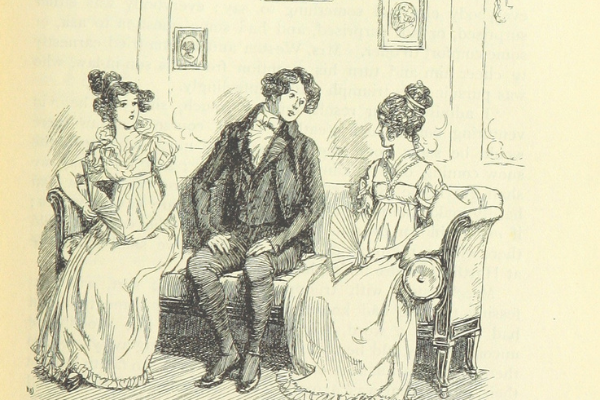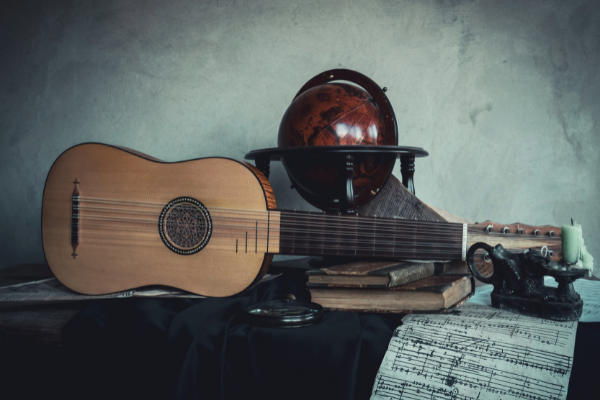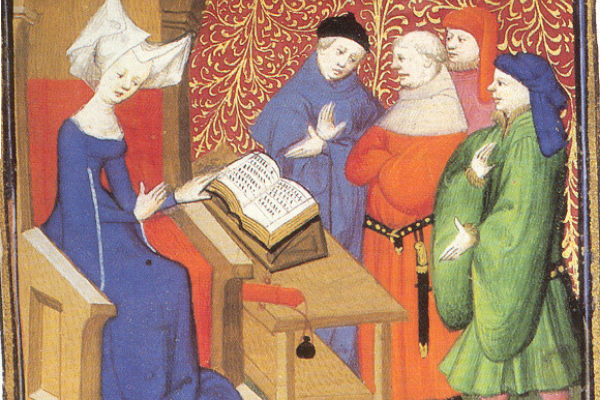Discovering Humanities
This series is a celebration of humanities research and discovery. Born out of our 50th anniversary in 2019, it covers just a small fraction of the many advances within the humanities since the Academy was first founded.
We’ve called it Discovering Humanities because words like ‘discover’ and ‘discovery’, like no other terms, convey the excitement of new findings, new ideas, new views of the world. Discoveries in the humanities take many forms; from those that fundamentally recalibrate our understanding of the world to others that are more a process of accumulation over time leading in the end to a new view of society. Despite their differences, all are full of the excitement of uncovering something new.
This series is not a list of the most important research in the humanities over the last 50 years. Rather, it is an attempt to present a range of discoveries across all the areas of the humanities showing something of the rich contribution the humanities have made to Australia and the wider world. Learn more about the series’ background from the Editor.
One can only imagine what Emma Woodhouse would have thought of her carefully chosen words being run through a computer – but by doing just that, an Australian scholar pioneered a new field of literary studies, making it possible to identify authors of anonymous books, date written works, detect plagiarism and chart the evolution of a writer’s style.
Humans live happily with paradoxes, but what happens when a machine comes up against logical inconsistencies?
Think of Spanish music and you’ll probably think of flamenco, that sultry combination of song, dance and virtuoso guitar playing. But before the guitar came the vihuela, a stringed instrument that was all the rage in sixteenth-century Spain, during the country’s “Golden Age” of arts and culture.
You’ve heard of Aristotle and Descartes, but what about Christine de Pizan and Gabrielle Suchon? Contrary to popular belief, many women have made important contributions to the field of philosophy since late medieval times.
The other forty-nine pieces in Discovering Humanities have described discoveries, advances, breakthroughs and new understandings in humanities from the last fifty years in Australia. But there is so much more … By describing a tiny proportion of the many other discoveries made in the same period, this last, fiftieth, piece is a reminder of just how much more has been discovered and is being discovered by humanities researchers.
About the series
Stories in this series were chosen from nominations by Fellows of the Academy and recipients of its various awards. They have been commissioned and produced under the overall guidance of Academy Fellow and Editor, Emeritus Professor Graham Tulloch and have been brought to life by the hard work of Walkley Award-winning journalist Kathy Marks, author and researcher Dr Saskia Beudel, and the Academy’s Communication and Awards Coordinator Elizabeth Bradtke.
The development of this series was supported by the Copyright Agency’s Cultural Fund.






